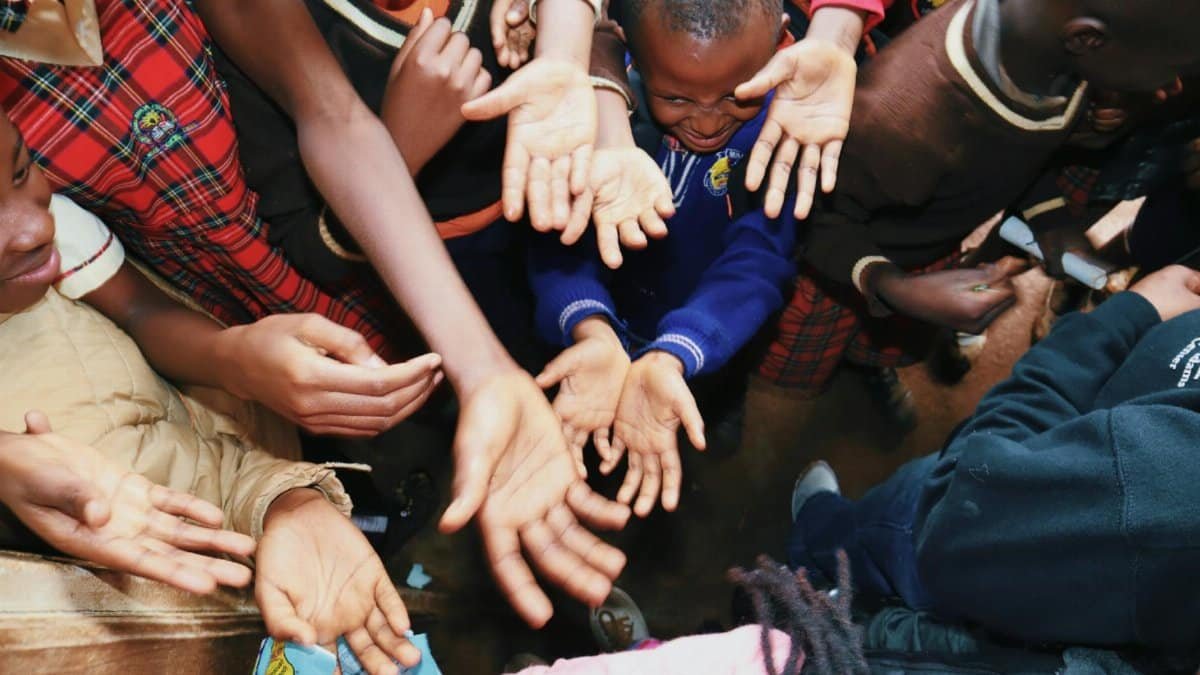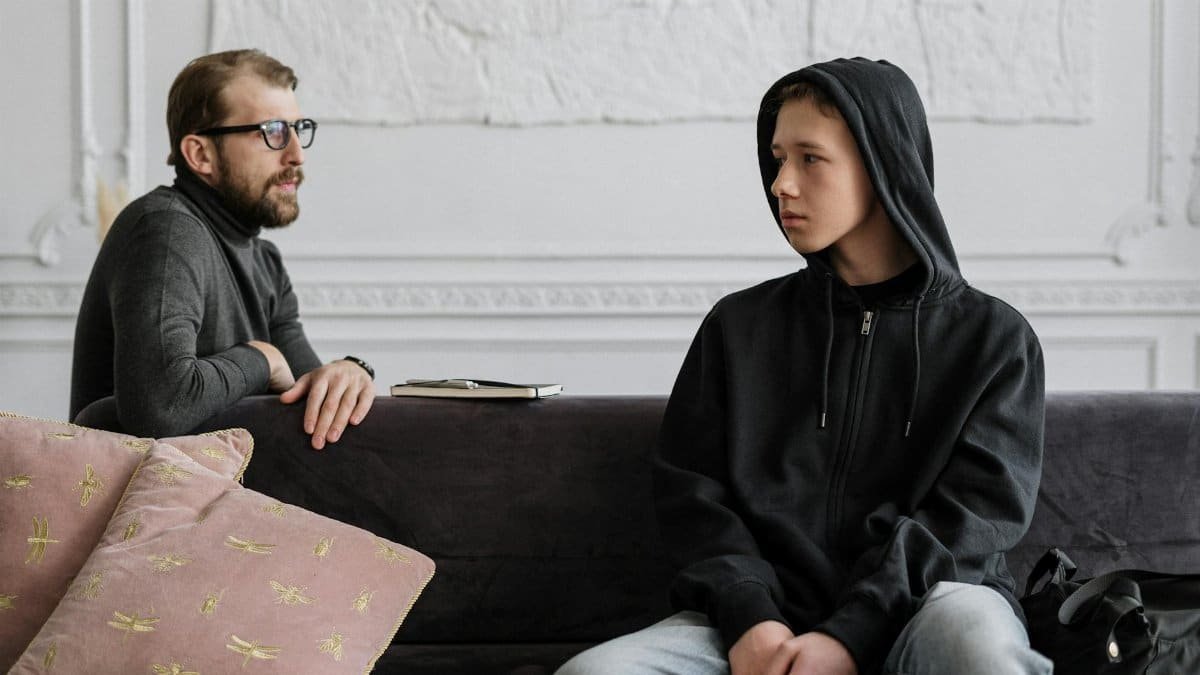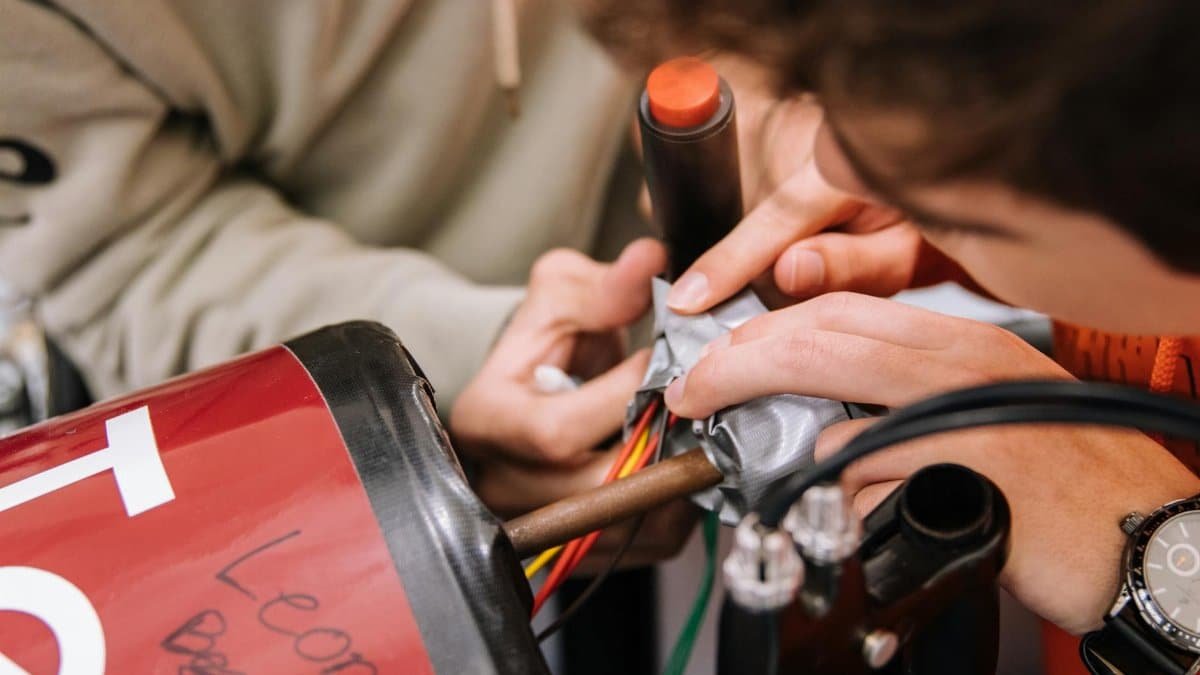In a bold move to address teen mental health, Pennsylvania shadow workshops are making waves in the Central Bucks School District. Starting this year in Doylestown, PA, the district has rolled out an innovative eight-session elective called “ShadowLab” for 10th-grade health classes. Designed to help students confront personal challenges through introspection and creativity, the program is already showing promising results. With hundreds of students participating across multiple schools, early data suggests a notable impact on behavior and emotional well-being. This initiative could signal a new approach to education and mental health support.
A Groundbreaking Elective Takes Root

On March 14, 2025, the Central Bucks School District in Doylestown, PA, introduced “ShadowLab,” an eight-session elective embedded in the 10th-grade health curriculum. This program, centered on the concept of shadow work—a psychological practice of exploring hidden aspects of the self—aims to equip students with tools for emotional resilience. Unlike traditional health classes, ShadowLab focuses on deep self-reflection, encouraging teens to confront and understand their inner struggles in a structured, supportive environment.
How ShadowLab Works in Practice

The curriculum of ShadowLab is both introspective and hands-on. Students begin by mapping their personal triggers—those emotional sore spots that often lead to conflict or distress. They then engage in dialogues with archetypes, a method that helps them personify and understand different facets of their psyche. Finally, participants create art projects that visually represent their “integrated selves,” blending the light and shadow aspects of their personalities. This creative process fosters a tangible connection to their inner growth.
Reaching Hundreds of Students

The initial cohort for ShadowLab includes 640 students across four schools in the Central Bucks School District. This wide reach ensures a diverse group of teens can access the program, from varying backgrounds and experiences. By embedding the elective within the existing health curriculum, the district has made participation accessible without requiring additional scheduling or opt-in hurdles. The scale of this rollout underscores the district’s commitment to prioritizing mental health as a core component of education.
Early Signs of Behavioral Impact

Guidance counselors in the district have reported encouraging early outcomes from the ShadowLab program. Severe disciplinary cases among participating students have dropped by 20 percent since the sessions began. This reduction suggests that the workshops may help teens manage conflict and emotional outbursts more effectively. While the data is preliminary, it points to a potential link between shadow work and improved self-regulation, offering a glimpse into how such programs might reshape school environments.
Increased Demand for Counseling Support

Alongside the decline in disciplinary issues, counselors have noted a rise in voluntary counseling sign-ups among ShadowLab participants. Students appear more willing to seek help after engaging with the program’s introspective exercises. This shift indicates that Pennsylvania shadow workshops may be breaking down stigma around mental health support, encouraging teens to view counseling as a proactive step rather than a last resort. The increased engagement with support services is a promising sign for long-term emotional well-being.
Academic Research to Track Long-Term Effects

To measure the lasting impact of ShadowLab, psychologists from Temple University have secured Institutional Review Board (IRB) approval for a longitudinal study. Over the next three years, they will track the mental health outcomes of participating students, analyzing how the program influences anxiety, depression, and overall resilience. This research could provide critical data on the efficacy of shadow work in educational settings. For more on Temple University’s psychological research initiatives, visit Temple University Research.
Broader Implications for Teen Mental Health

The introduction of Pennsylvania shadow workshops in Central Bucks schools comes at a time when teen mental health is a pressing national concern. According to the Centers for Disease Control and Prevention, rates of anxiety and depression among adolescents have risen sharply in recent years. Programs like ShadowLab offer a potential model for integrating emotional literacy into education, addressing root causes rather than just symptoms. For broader context on teen mental health trends, see CDC Youth Mental Health.
A Model for Other Districts?

As the ShadowLab program gains traction, other school districts in Pennsylvania and beyond may take notice. The combination of reduced disciplinary issues and increased counseling engagement suggests that shadow work could be a scalable solution for supporting teen mental health. If Temple University’s upcoming study confirms these early findings, Central Bucks’ initiative might inspire a wave of similar programs nationwide. For now, the district stands as a pioneer, testing a novel approach to nurturing the next generation’s emotional health.
